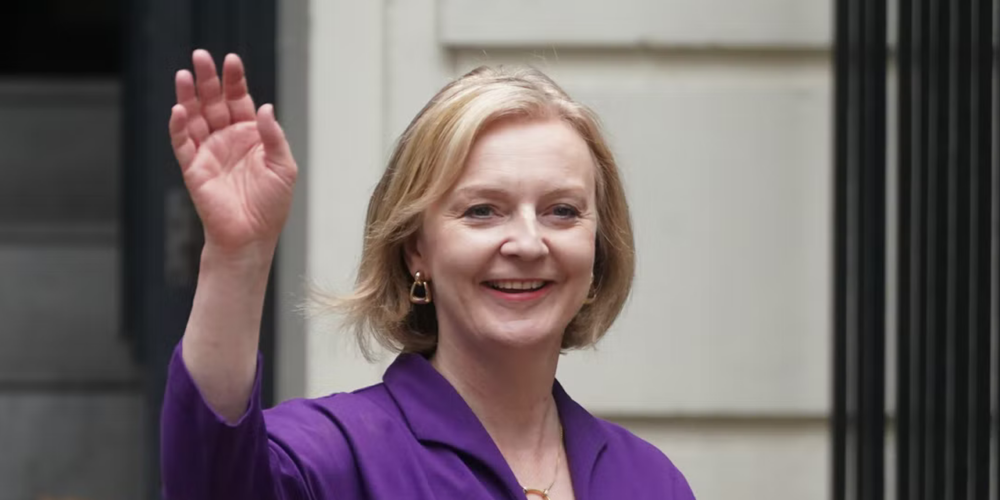In October the British prime minister, Liz Truss, resigned. The capitalist media informed us that her economic policies did not find favour with the financial markets, and as a result she had to go. Once Truss had been removed, the Tories selected a new prime minister, and the media moved on from the story, partly because it had the potential to expose the lie at the heart of bourgeois “democracy,” i.e. that we live in societies that are “governed by the people, for the people.”
The dominant ideology in capitalist societies is that the state is neutral, and that the will of the people, as reflected in elections, determines who governs. That is the fairytale; the reality is far different.
The removal of Truss was a clear display of class power by the British ruling class. Despite the fact that Truss supports capitalism, and that her economic policies favoured the rich in British society, the British capitalist class believed that her policies threatened the stability of the state as the latest capitalist crisis deepened; therefore they moved against her government.
Unlike the situation in Allende’s Chile, Bolivia under Morales, and many other countries, the British ruling class did not need the army to remove the government. It was a very “civilised” coup. Once Truss was gone, everything was back to normal. It was a lesson in the exercise of class power in an advanced capitalist country. It is not the parliament, nor is it the government, that holds power: it is the capitalist class.
Unfortunately, there are none so blind as those who will not see; and the reality of who controls society is ignored by most of those who claim they wish to create a more equitable and sustainable society.
European social democrats have long been wedded to the idea of the neutrality of the capitalist state. They do not see it as an instrument of class rule; instead they believe bourgeois democracy and the “rule of law” to be the pinnacle of democracy. They are opposed to mass mobilisation by the working class in pursuit of their demands, preferring instead to concentrate on purely parliamentary politics. They would rather negotiate the limits of their proposed reforms with representatives of the capitalist class than mobilise the working class in support of their demands.
However, advancing the interests of the working class means eroding the power of the capitalist class; and any government that challenges capitalism, no matter how slightly, risks being derailed. If the capitalist class can move against a capitalist government, it stands to reason that it would move to crush an anti-capitalist movement.
Could it happen here? The present crisis of capitalism is creating increased hardship for the Irish working class. Real poverty is increasing, homelessness is at a record level, the health system, north and south, is in crisis. More and more people must choose between food, heat, and rent or mortgage.
The capitalist system is destroying the environment. It has long outlived its usefulness to humanity and the world. Following the next election there is the possibility that Sinn Féin may form a government on their own, or may lead a “left” coalition. If they are to deal with such issues as homelessness, poverty and precarious employment they will have to confront native capitalism and foreign imperialism, or else renege on their electoral promises.
If a progressive government is to confront capitalism it must go beyond bourgeois democracy. The capitalist class is only too willing to use extraparliamentary methods to protect their class interests.
The strength of the working class comes from its numbers and its crucial role in the production process. Even without a progressive government it is only by exerting its collective strength that the working class can become an actor on the stage of history and can set the political agenda.






